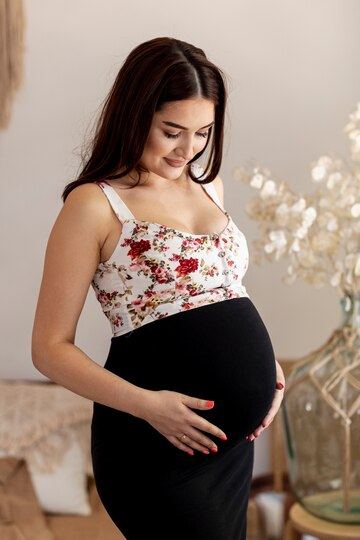Introduction: Pregnancy is known to bring about surprising changes in your body, including heightened senses. Many women experience a stronger sense of smell, taste, and even vision. In this blog, we’ll dive into the science behind these sensory changes and how to manage them throughout pregnancy.
1. Heightened Sense of Smell During Pregnancy
One of the most well-known sensory changes during pregnancy is an increased sense of smell, known as hyperosmia.
- Hormonal Influence: The surge in estrogen and progesterone can amplify your sense of smell, making certain odors more intense. While this can be beneficial in some cases (like detecting spoiled food), it can also trigger nausea and aversions.
- Managing Strong Smells: To cope with overpowering smells, try using fragrance-free products, keep your living space well-ventilated, and avoid places with strong odors like cafes or restaurants that serve pungent foods.
2. Taste Changes: Why Certain Foods Are More Appealing or Repulsive
Pregnancy can also affect your taste buds, leading to food cravings or aversions.
- Cravings and Aversions: The hormonal changes in pregnancy can alter your taste preferences. Some women may crave salty or sweet foods, while others develop aversions to foods they previously enjoyed.
- Metallic Taste: Many pregnant women report experiencing a metallic taste in their mouth, especially in the first trimester. Drinking citrus-flavored water or eating tart foods like lemons can help neutralize this taste.
- How to Manage Taste Changes: Try experimenting with different textures and flavors to find what works for you. Eating small, frequent meals can also help manage nausea and aversions.
3. Changes in Vision During Pregnancy
Although less commonly discussed, pregnancy can also affect your vision.
- Blurred Vision and Dry Eyes: Pregnancy hormones can cause fluid retention, which may affect the shape of your eye, leading to blurred vision. Dry eyes are also common due to hormonal changes.
- When to See a Doctor: While most vision changes are harmless and temporary, sudden or severe vision issues (such as seeing spots or experiencing double vision) could indicate more serious conditions like preeclampsia, and you should consult your doctor.
- Managing Eye Discomfort: To manage dry eyes, use artificial tears or humidifiers to add moisture to the air. Avoid wearing contact lenses for long periods if they irritate your eyes.
Conclusion
Pregnancy can heighten your senses in surprising ways, affecting your sense of smell, taste, and even vision. While these changes can be challenging to manage, understanding the science behind them can help you adapt and ensure a more comfortable pregnancy.


1 thought on “How Pregnancy Changes Your Senses: The Science Behind Heightened Smell, Taste, and Sight”